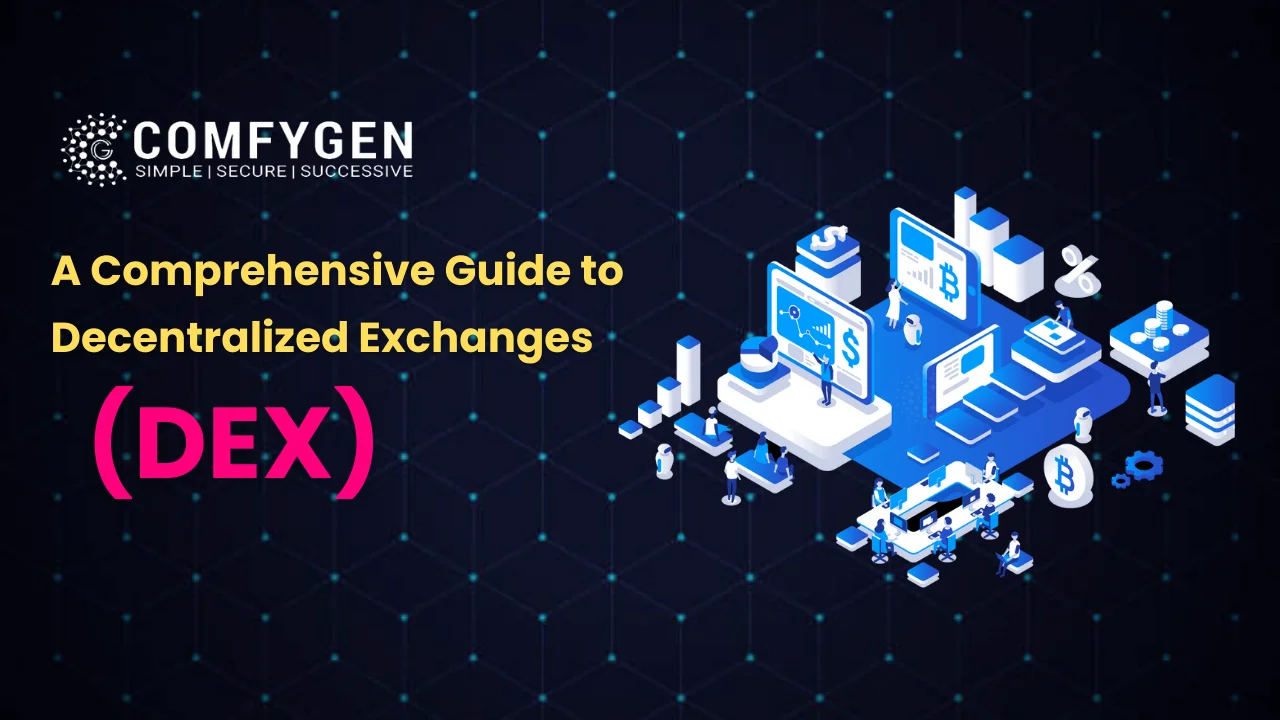
Securing DEX: Enhancing Trust in Decentralized Exchanges
Decentralized exchanges (DEX) have gained prominence in the cryptocurrency space for their promise of increased security and user control. This article explores the significance of securing decentralized exchanges and the measures taken to enhance trust in these platforms.
The Rise of Decentralized Exchanges (DEX)
Decentralized exchanges have emerged as an alternative to traditional centralized exchanges, offering users direct control over their funds without the need for intermediaries. While DEX provides advantages in terms of privacy and security, ensuring their own security remains a top priority for these platforms.
Decentralization and Security
The core principle of decentralization is a key factor in the security of DEX. Unlike centralized exchanges that store user funds in a central repository, DEX allows users to trade directly from their wallets, reducing the risk of hacking and unauthorized access. However, ensuring the security of decentralized systems presents its own set of challenges.
Smart Contracts and Code Audits
Most decentralized exchanges operate on smart contracts, self-executing contracts with coded rules on the blockchain. Conducting thorough code audits of these smart contracts is critical to identifying vulnerabilities and potential exploits. Regular audits by reputable firms contribute to the overall security and trustworthiness of DEX platforms.
User Control and Private Key Security
One of the main appeals of DEX is the control users have over their private keys. However, this decentralized control comes with the responsibility of securing private keys. Educating users on best practices for private key management is crucial to preventing unauthorized access and potential loss of funds.
Liquidity Pools and Risks
Decentralized exchanges often rely on liquidity pools for trading. While these pools enhance the efficiency of DEX, they also introduce risks such as impermanent loss and vulnerabilities in liquidity pool smart contracts. Addressing these risks through continuous monitoring and proactive measures is essential for maintaining user trust.
Regulatory Compliance for Trust
As decentralized exchanges grow in popularity, addressing regulatory concerns becomes crucial for building trust. Adhering to regulatory guidelines and compliance measures ensures that DEX platforms operate within legal frameworks, reducing the risk of legal challenges and enhancing user confidence in the long-term sustainability of these platforms.
Decentralized Identity Solutions
Decentralized identity solutions play a role in enhancing the security and trustworthiness of DEX. Implementing decentralized identity verification ensures that users are who they claim to be, reducing the risk of fraudulent activities. This additional layer of identity verification contributes to the overall security posture of decentralized exchanges.
Cross-Chain Compatibility and Interoperability
Ensuring the interoperability of decentralized exchanges across different blockchains enhances the user experience and widens the pool of available assets. Cross-chain compatibility allows users to access a diverse range of cryptocurrencies, promoting liquidity and providing more trading opportunities while maintaining a secure trading environment.
Community Vigilance and Bug Bounties
The decentralized nature of DEX platforms fosters a community-driven approach to security. Many platforms encourage community members to participate in bug bounty programs, rewarding individuals who identify and report vulnerabilities. This collaborative effort strengthens the overall security


